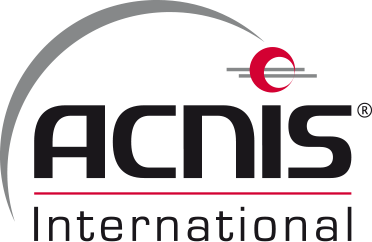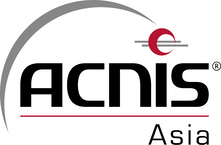Racing
Why titanium?
Titanium is a metal that is particularly well suited to the fields of motor racing. It can be found in many forms (plate, round, tube, wire, forged parts, powder for metal additive manufacturing, etc.) to manufacture the most complex elements.
With 30% greater strength than steel and almost half the weight, it has one of the highest strength-to-weight ratios of any metal. The key to its cost-effectiveness is to make maximum use of its unique properties and characteristics at the design stage, rather than substituting them ex abrupto for another metal.
- Excellent erosion and corrosion resistance
- High mechanical properties up to 600°C and good adhesion to coatings
- Fatigue resistance
- Lightweight
Acnis International is present in many sectors of racing
The Formula 1 industry is the ultimate in motor sport. It focuses on the development and design of ever more efficient and lightweight cars. Titanium, a lightweight material known for its advanced mechanical properties, is present in many components of Formula 1 / 2 / 3 / E cars.
Titanium 6242 and Titanium 6246 alloys are used in transmission components, crankcases, compressor discs and fins, turbos and valves, as well as TA6V grade 5 titanium in chassis parts, inserts, aero appendages, halo, studs and other front/rear suspension components.
The WEC race series demands high reliability from the cars. With races lasting more than 6 hours and a fast rhythm, the cars are pushed to the limit, which makes their components even more fragile. Commercially pure titanium as well as titanium alloys and stainless steels such as 13-8 Mo have the advantage of very good resistance to friction, distortion and high temperatures.
Its various advantages make it a particularly suitable material for endurance racing, especially for screws, studs, hubs, transmissions, compressor blades
The WRC race series organised by the FIA is the benchmark for international rally sports. This demanding sport requires the use of high-performance alloys with high reliability and wear resistance. Forged parts as well as titanium and steel alloys have the advantage of being highly resistant to friction, distortion and high temperatures.
Their various advantages make them particularly suitable for these races.
The GP motorbike sector brings together the most successful manufacturers on the track for 20 races each year around the world.
The demands on the materials used are similar to those in F1 and the performance of the supply must be flawless.
Ti 6242 and Ti 6246 titanium are used in engine components (valves), gearbox, exhaust, camshaft…
Titanium is increasingly used in premium sports cars for prestige and performance purposes.
Titanium can be found in the exhaust systems of many tuners and manufacturers, in diffusers, engine parts such as pistons, shafts, etc., or in body parts such as the Icona Vulcano.
CP grade 1, grade 2, grade 3, grade 4 and grade 5 titanium as well as 13-8 Mo, 17-4 Ph and Inconel 625 / Inconel 718 offer excellent mechanical properties. They also contribute to the reduction of the weight of cars and thus to the improvement of their performance and sportiness. This combined with metal additive manufacturing processes, many technical and technological advances are possible.
Titanium, Inconel and stainless steels are often used in exhaust systems to reduce vehicle weight, increase performance or modify sound. For exhaust systems, grade 2 titanium, Super-Tix® 10CU, SUPER-TIX® 10CSSN, SUPER-TIX® 10CUNB, INCONEL 625, Ti 6242
Thanks to our aeronautical certification, we are able to supply you with very high performance titanium alloys and stainless steels with qualities recognised by major customers.
In addition, our development team is at your disposal to help you choose the grade best suited to your needs and to guide you in defining the heat treatments and transformation processes for your products.






